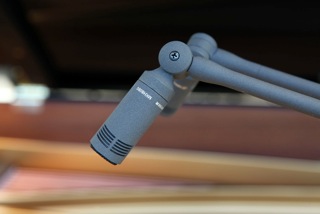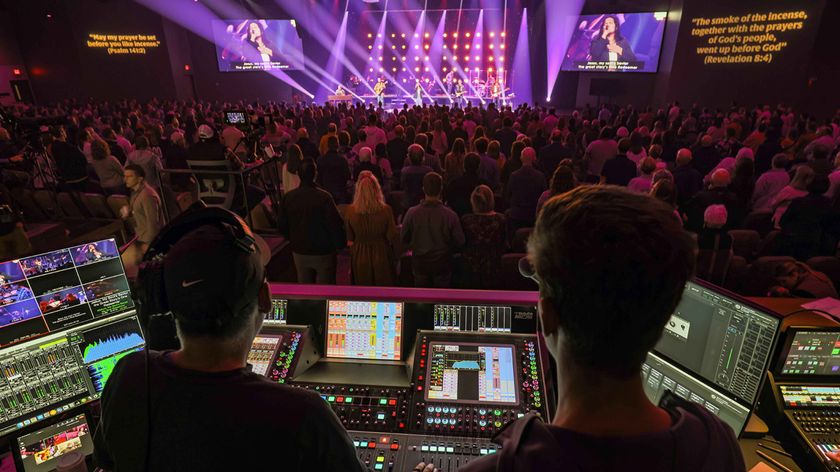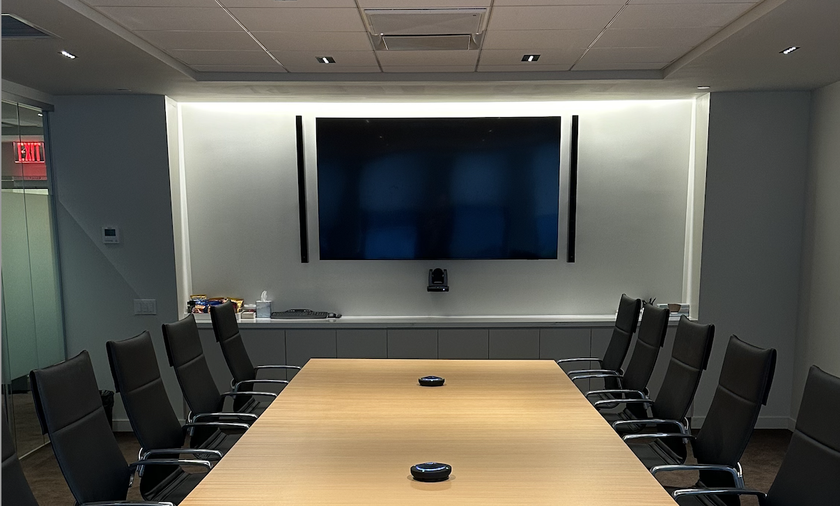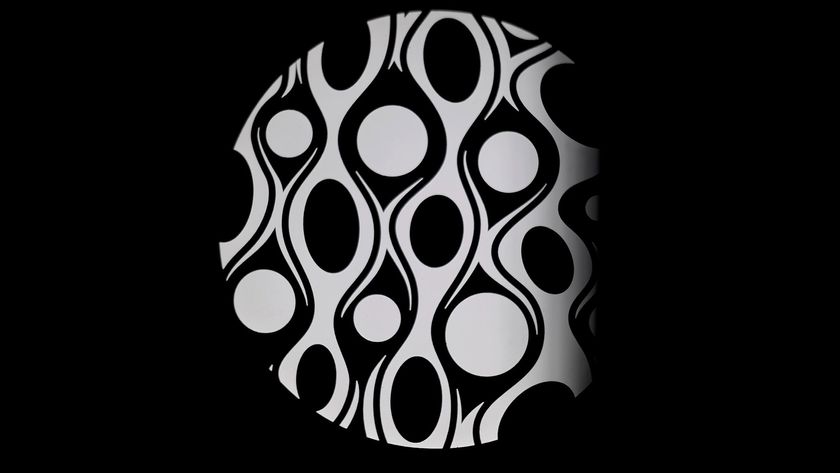Sennheiser is expanding its MKH studio microphone series with the addition of the MKH 8090, whose wide cardioid pick-up pattern makes it the ideal microphone for orchestral recordings.
- The RF condenser microphone is suited as both a main and a spot microphone, the company says. An optional screw-on module can be used to convert it into a digital AES42 microphone.
- “The MKH 8090 combines omni-directional and cardioid pick-up patterns to produce an impressive orchestral microphone,” explained Kai Lange, product manager for wired microphones at Sennheiser. “Used as a main microphone, it picks up the entire sound body and a healthy proportion of room acoustics, while as a spot microphone it has sufficient directivity to screen out other sound sources without making the recording sound too ‘narrow’.”
- One of those responsible for fine-tuning the microphone was tonmeister Gregor Zielinsky, international recording applications manager at Sennheiser: “During the development of the MKH 8090, we focused on ensuring that the sound perception of the microphone is precisely between that of the omni-directional MKH 8020 and the cardioid MKH 8040. Through further fine-tuning, we succeeded in creating a microphone with a sound that seems to ‘shine’, and which has great presence and musicality.”
- The MKH 8090 benefits from the wide range of accessories available for the 8000 series, such as microphone stands with different heights, various microphone clips, a shock mount, remote cables with different lengths, windshields, and accessories for ceiling mounting.
- Also available as an accessory is the MZD 8000 digital module, which converts the audio signal of the MKH 8090 into a digital signal according to the AES42 standard (Mode 2) directly at the microphone head, thus ensuring a lifelike, natural sound entirely without cable losses or interference from other sources.
- Sennheiser’s MKH series works according to the RF principle, which Sennheiser has been using for more than 50 years, for example through the use of symmetrical transducers. The MKH 8090 will be available in October and will cost $1,199.95.









